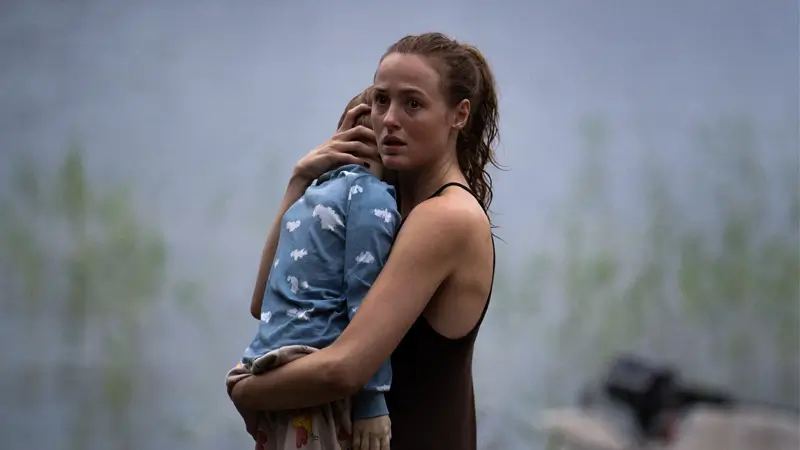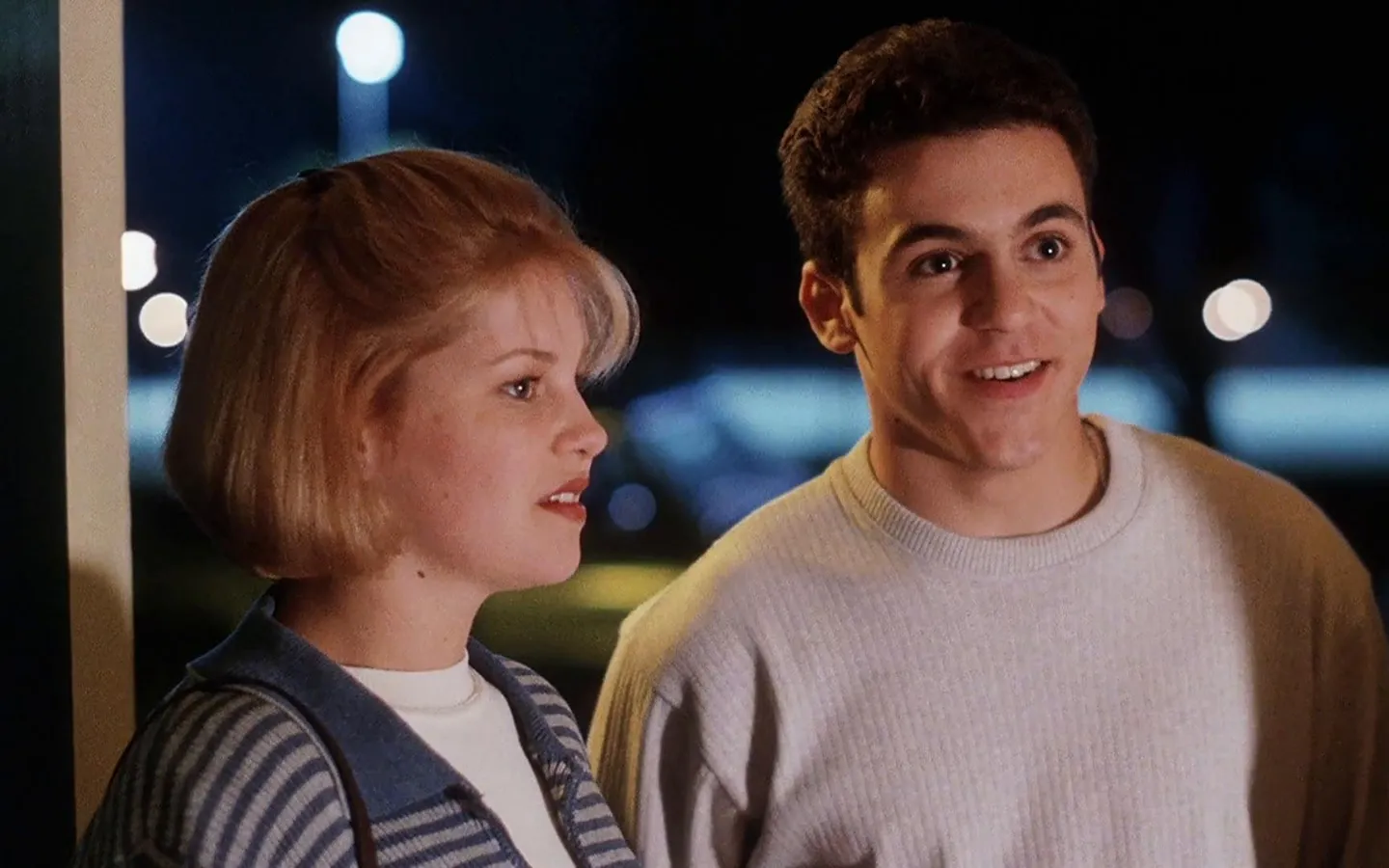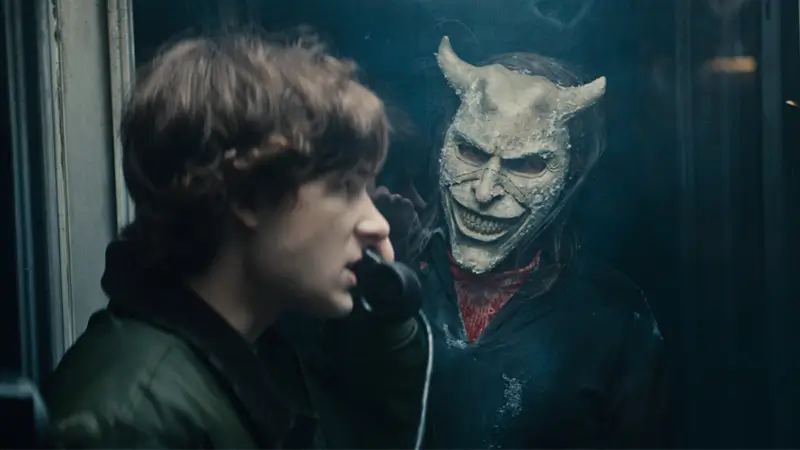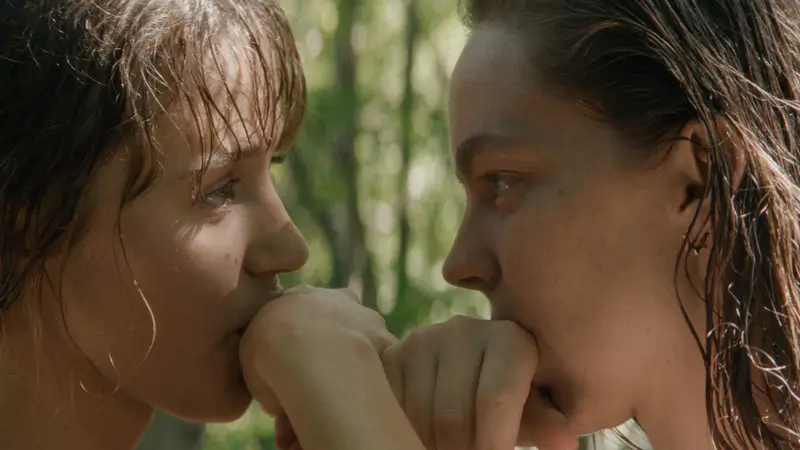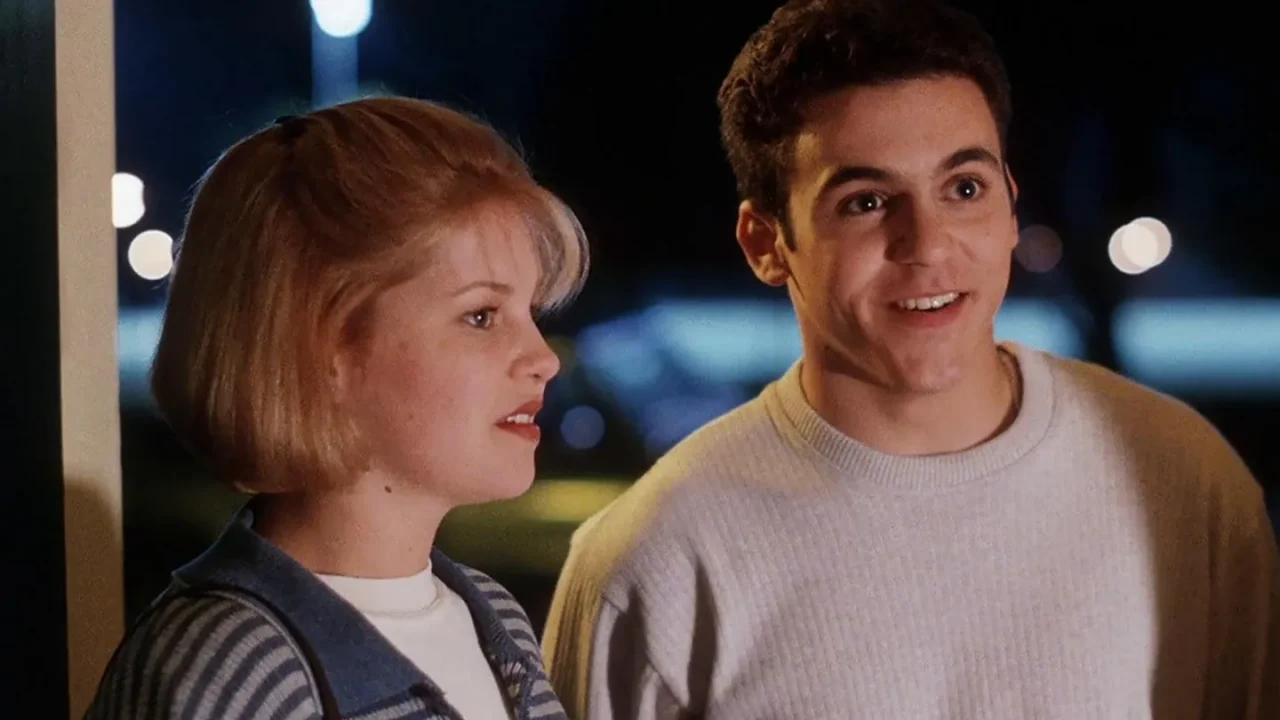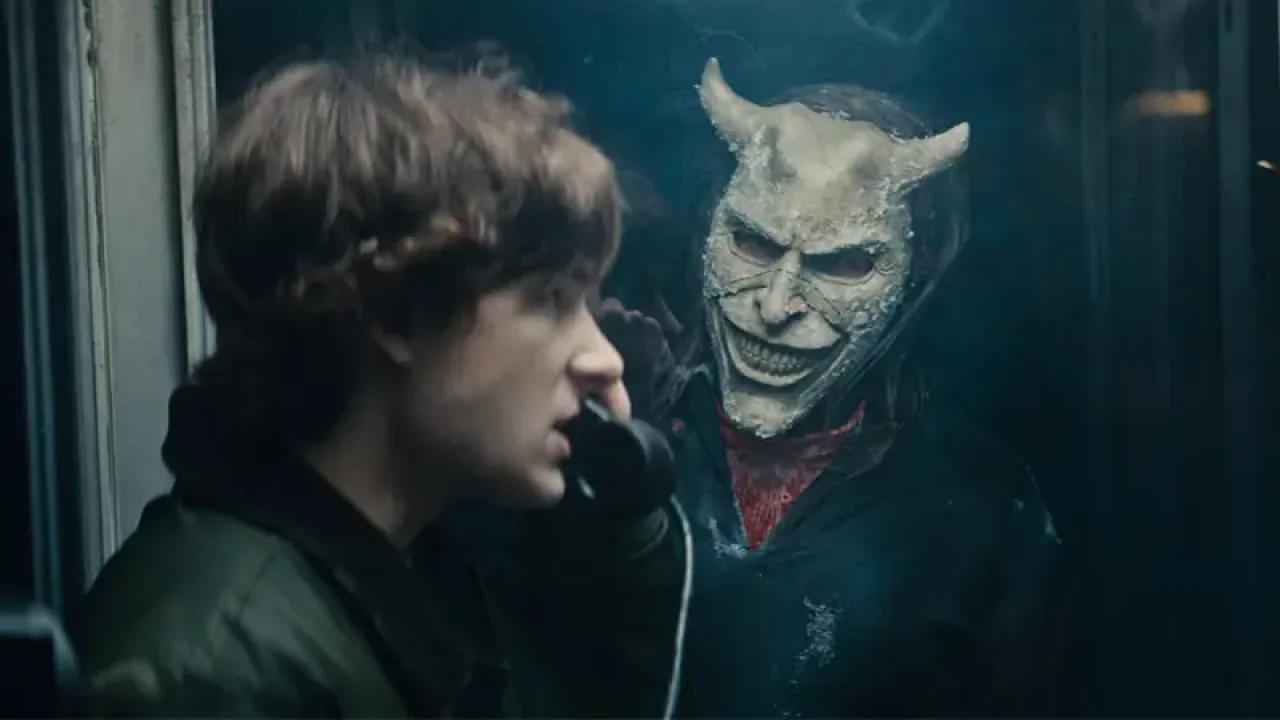Seeing Jafar Panahi walk the red carpet and attend the press conference was one of the most emotional moments at the 78th Cannes Film Festival. Thirty years after his cinematic debut at this same festival with The White Balloon (Iran, 1995), which won the Caméra d’Or for best first feature, the Iranian filmmaker returns to the international stage with It Was Just an Accident (Iran, France, Luxembourg, 2025), this year’s Palme d’Or frontrunner.
In February 2010, Iranian authorities denied his visa to attend the Berlin Film Festival, months after he encouraged jury members at the Montreal Film Festival to wear green scarves in support of the Iranian Green Movement protesting President Mahmoud Ahmadinejad. In March 2010, he was arrested along with his wife, daughter, and 15 friends including filmmaker Mohammad Rasoulof (of The Seed of the Sacred Fig). That May, Cannes left an empty chair representing his absence from the Tim Burton-led jury he was meant to join. During the press conference for Abbas Kiarostami’s Certified Copy (Iran, France, Italy, 2011), attendees learned Panahi had begun a hunger strike – moving 2025 Cannes jury president Juliette Binoche to tears. December 2010 brought a six-year prison sentence plus 20-year bans on filmmaking and foreign travel. Though reduced to house arrest in 2011, the creative and travel restrictions remained. Despite the ban, Panahi kept making films. This Is Not a Film (Iran, 2011), screened at Cannes, was shot inside his home. Closed Curtain (Iran, 2013) won Berlin’s Silver Bear for screenplay. Taxi Tehran (Iran, 2015) earned Berlin’s Golden Bear, with Panahi posing as a cab driver. No Bears (Iran, 2022), which won Venice’s Special Jury Prize, saw him directing remotely near the Turkish border. He attended none of these festivals in person.
It Was Just an Accident marks Jafar Panahi’s triumphant return
Hence the emotion surrounding his Cannes appearance for It Was Just an Accident after years of absence. Recently, the filming ban was lifted, allowing this somewhat less clandestine production shot near Iran’s borders. “Even unbanned, my films don’t follow normal approval processes,” Panahi explained at the festival press conference. “Typically you submit scripts to the ministry – without approval, no filming. But I must keep working as before, even in this new phase.” The film follows a family whose car breaks down after hitting a dog. At a repair shop, mechanic Vahid (Vahid Mobasseri) recognizes customer Eghbal (Ebrahim Azizi) as his former torturer by his prosthetic leg’s distinctive footsteps. What follows draws in other regime victims: bookseller Salar (Georges Hashemzadeh), wedding photographer Shiva (Mariam Afshari), her clients (Hadis Pakbaten and Majid Panahi), and Hamid (Mohamad Ali Elyasmehr). It Was Just an Accident masterfully blends humor with escalating tension, mirroring life under authoritarian rule – much like Kleber Mendonça Filho’s The Secret Agent (Brazil, France, Germany, 2025). Both films explore moral dilemmas: Can vengeance justify self-destruction? How reliable are memories of trauma?
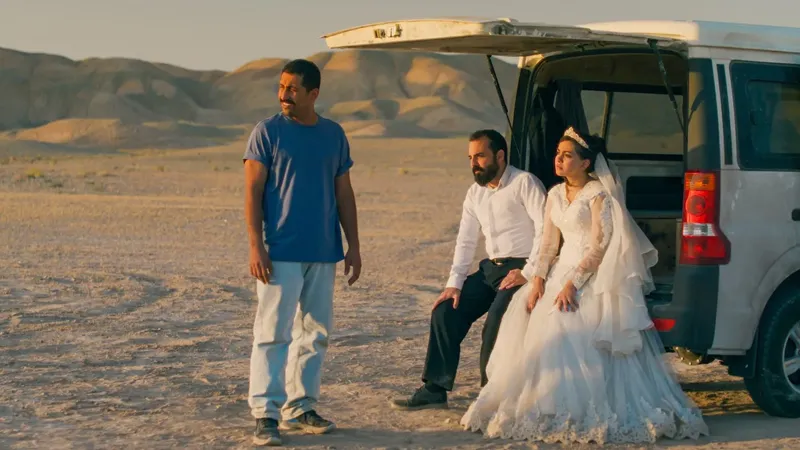
A masterpiece of concise storytelling and precise mise-en-scène, the film immerses viewers in Iran’s surreal reality while confronting universal human questions. If it wins the Palme d’Or – a strong possibility – Panahi will complete the trifecta of the world’s top festival prizes, having already won Venice’s Golden Lion for The Circle (Iran, Italy, Switzerland, 2000) and Berlin’s Golden Bear for Taxi Tehran, plus Locarno’s Golden Leopard for The Mirror (Iran, 1997) and Berlin’s Grand Jury Prize for Offside (Iran, 2006).
Jafar Panahi’s prison experience informs It Was Just an Accident
At the press conference, Panahi said his films reflect his environment. “Once imprisoned, you’re inevitably shaped by that experience.” During his 2022 incarceration, he shared a cell with non-political prisoners whose stories influenced this film. Panahi made his provocative film despite ongoing risks – one co-writer remains jailed. “We finished shooting peacefully, but after Cannes selection, pressure intensified. Crew members were interrogated and threatened. Thankfully, the completed film was beyond their reach.” He downplayed concerns about returning to Iran, unlike his exiled friend Rasoulof: “I’m no hero – just behaving like all Iranians resisting oppression. After Cannes, I’ll return and plan my next film.” Actress Maryam Afshari echoed this: “We don’t know what awaits us. But Iran is our country – we must fight for its improvement, whatever the personal cost.” Panahi described the absurdity of imprisoning artists: “The Islamic Republic threw me in jail – they made this film. They should understand that suppressing artists backfires. Technology ensures artistic expression persists, even secretly in cells. When you jail a singer for singing or a tweeter for tweeting, you only inspire more creation. My co-writer will emerge with new scripts in his head.”



